Coca-Cola has sent out a warning to consumers in three states after discovering that thousands of 12-packs of Diet Coke, Sprite, and Fanta Orange are unsuitable for consumption.
According to reports released by the U.S. Food and Drug Administration, the soft drinks company had to recall the beverages due to possible contamination.
Coke Recalls Drinks From Three States
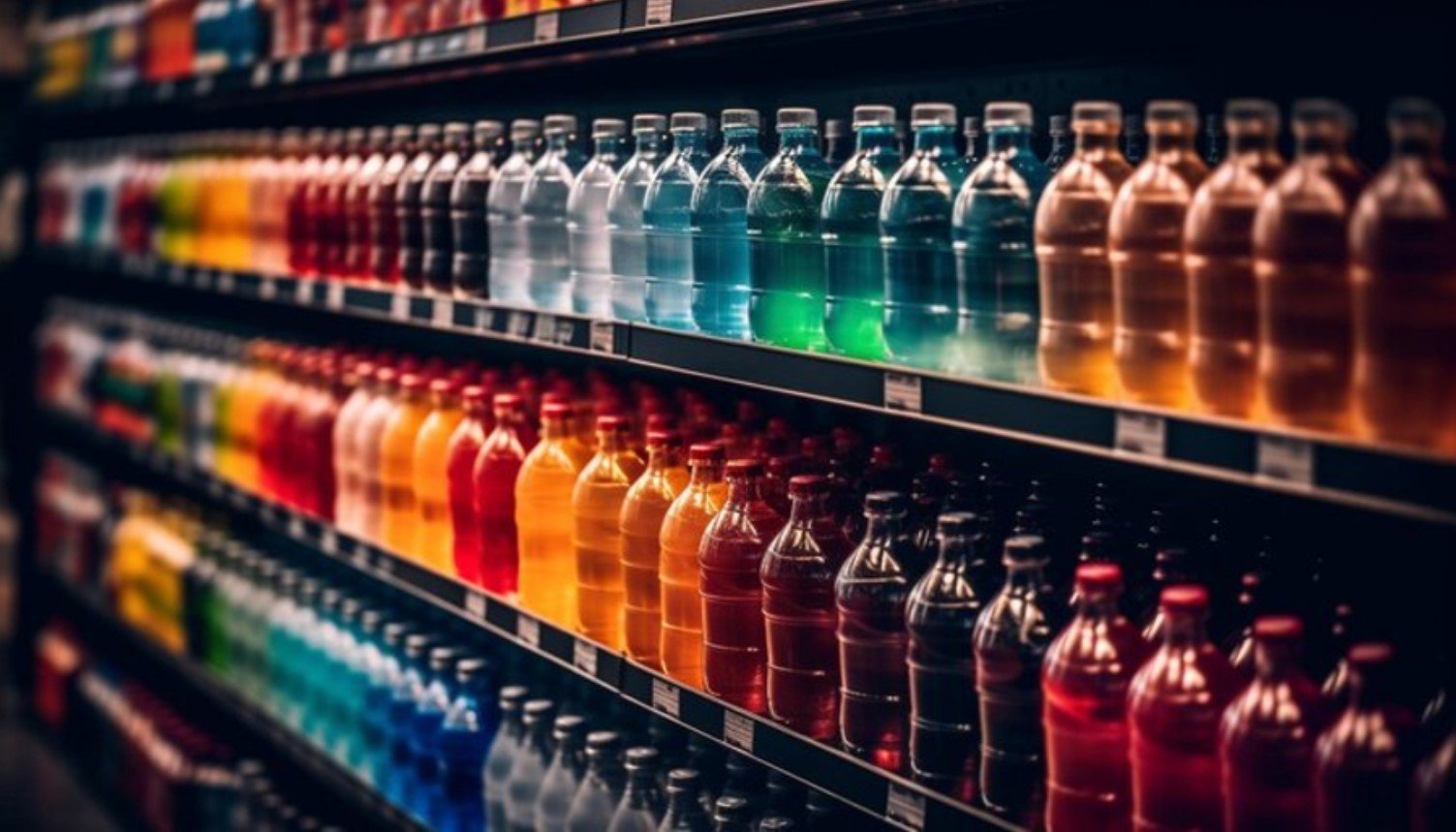
Coca-Cola sells thousands of sweetened beverages around the world. On average, the company sells an estimated 10,000 soft drinks per day.
Given the scale of the drinks empire, Coca-Cola is particular when it comes to ensuring no contaminations make it into their beverages. However, from time to time, mistakes happen, as witnessed by a recent recall in three American states.
Potential Foreign Material
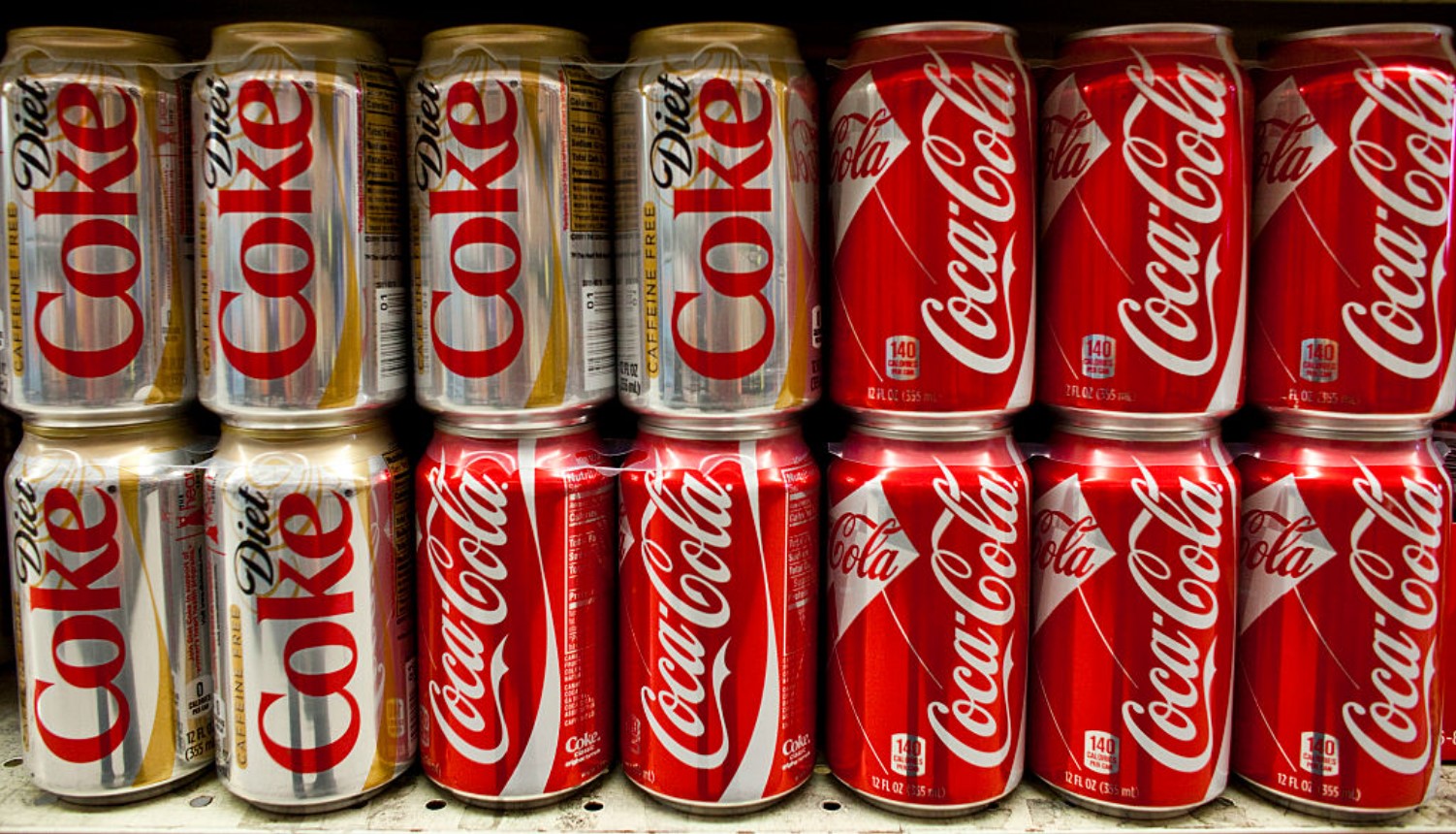
Recently, Coke recalled thousands of 12-ounce aluminum cans, sold in 12 packs, of Diet Coke, Sprite, and Fanta Orange from stores across Alabama, Florida, and Mississippi.
According to the FDA report, the cans were found to contain “potential foreign material” and were deemed unsuitable for human consumption.
Something Went Wrong at Coke
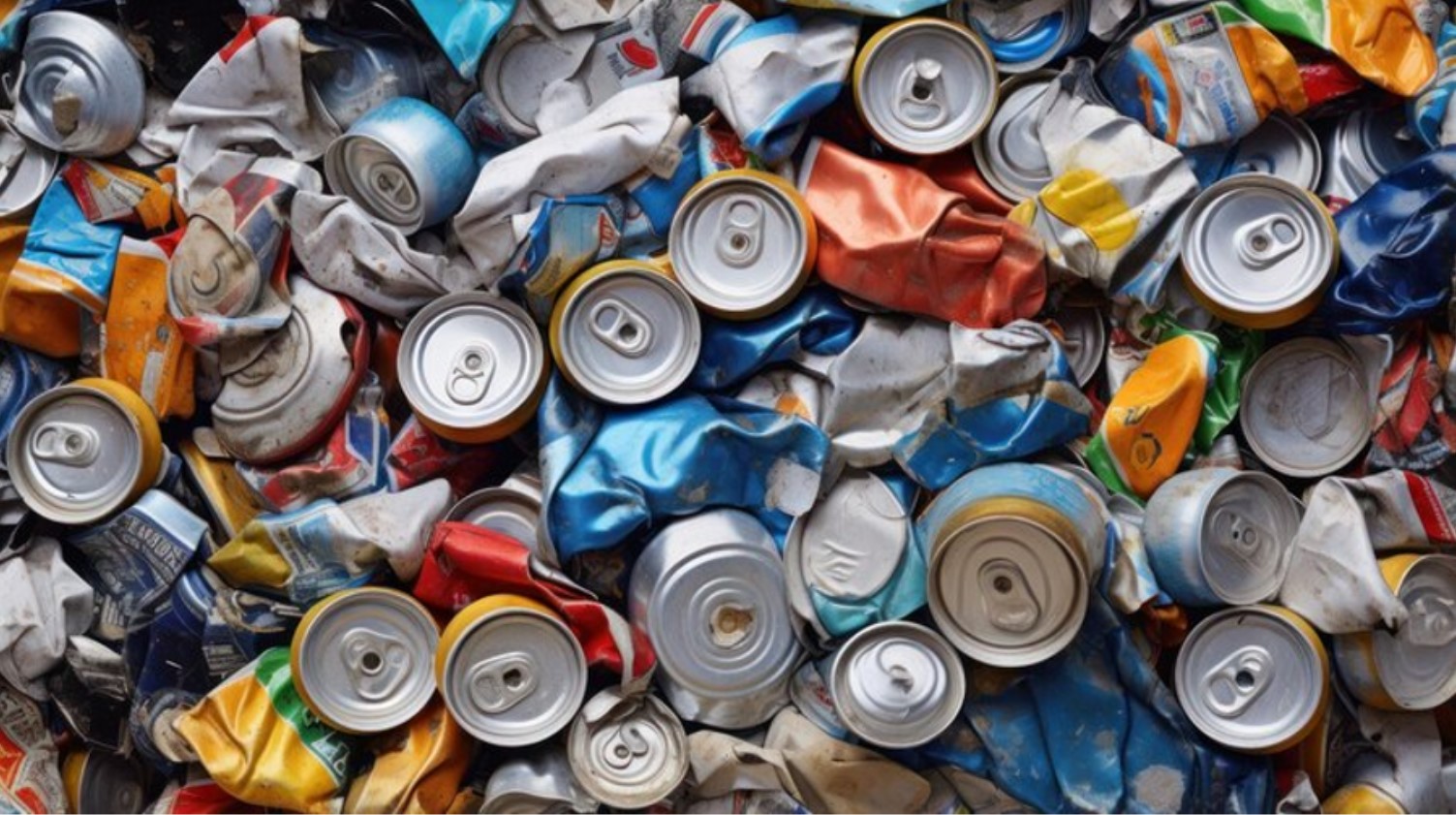
Over a month ago, on November 6, the recall was officially sent out to stores across the three states.
Sprite cans were contaminated the worst, with over 1,557 cases of the popular lemon and lime soft drink being affected. 417 cases of Diet Coke and 14 cases of Fanta were also affected, all of which were later trashed.
Stores Across America Hit With Recall Notice
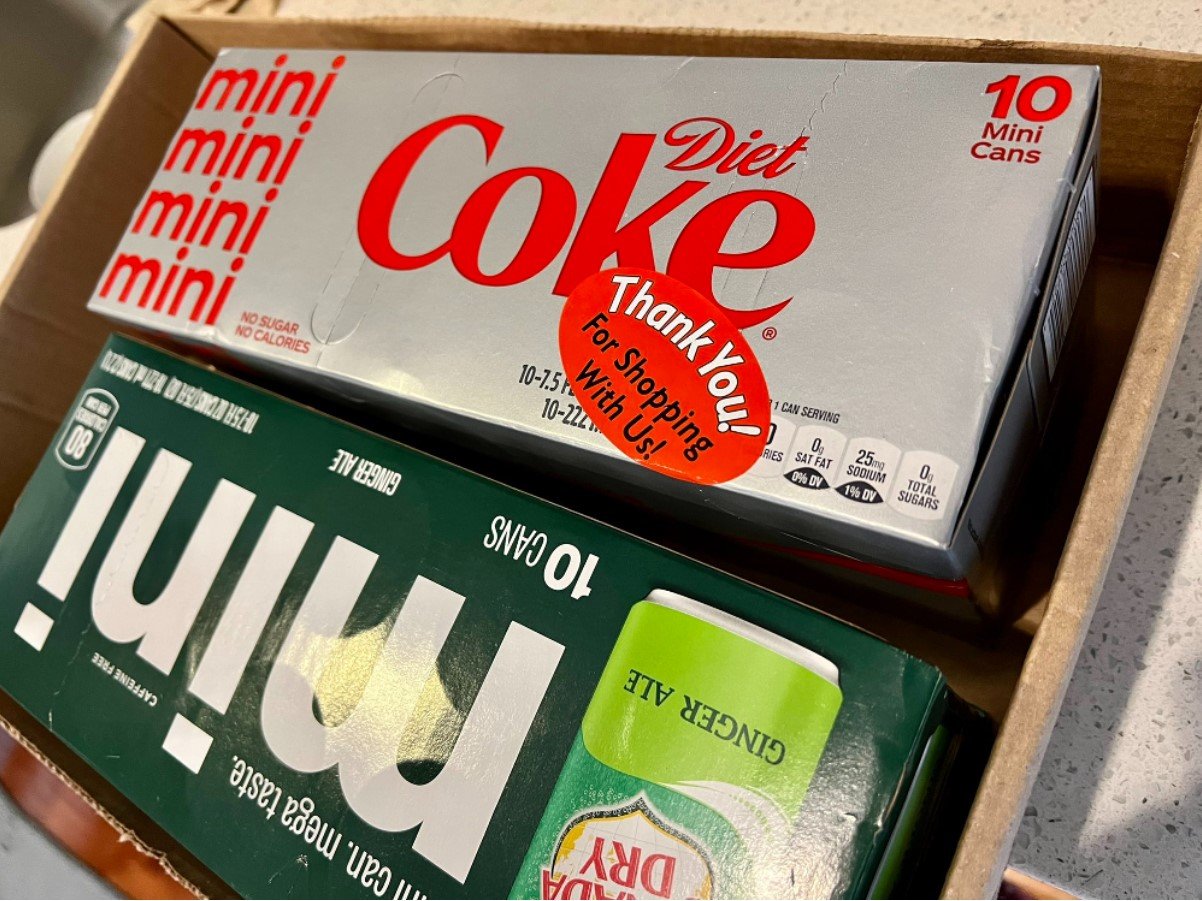
The contained beverages were sold at 48 stores in Valparaiso, Florida, Robertsdale and Mobile in Alabama, and Ocean Springs in Mississippi, according to Coca-Cola spokeswoman Michelle Agnew.
Cans of Diet Coke that were recalled had a best-by date of January 29, 2023. Meanwhile, the recalled cans of Sprite and Fanta had a best-by date of July 29. 2024.
What Kind of Foreign Material Was Inside the Cans?

Coca-Cola has since confirmed that none of the affected products were still on shelves across the three states.
Yet, the FDA has not released a report on what exactly the foreign contamination was. Nor did Agnew answer a question about what type of foreign material forced the recall.
Won’t Cause Serious Harm

According to the FDA, the potential health risks from the contaminated sodas are “remote,” classifying the incident as a class II recall.
A class II recall refers to a product that may cause temporary or reversible health consequences. Yet, it likely won’t lead to long-term health problems.
Coca-Cola Assured Customers
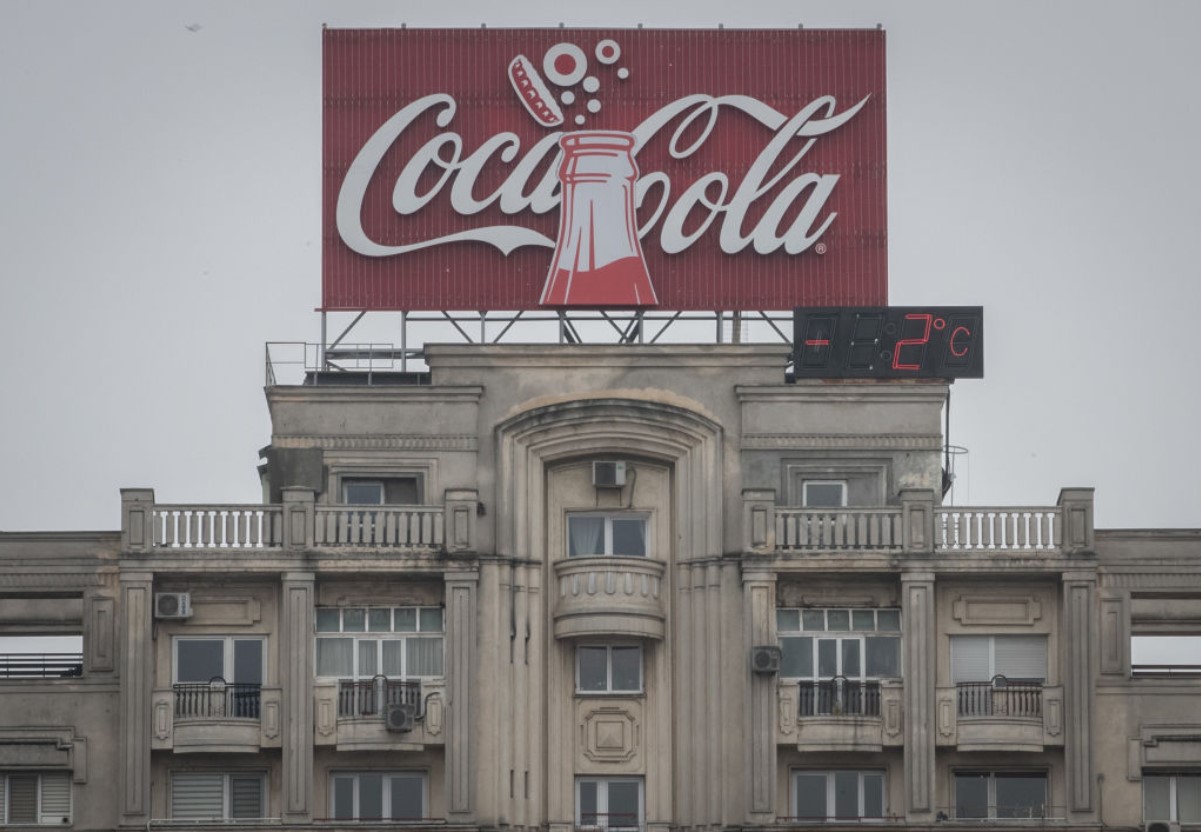
Agnew assured consumers that Coca-Cola removed all of the contaminated products from the market and that there was no further danger.
“No impacted product remains in the market, and all recall activities in those markets are complete,” Coca-Cola’s Agnew said.
Not the First Time Coke’s Been in This Position
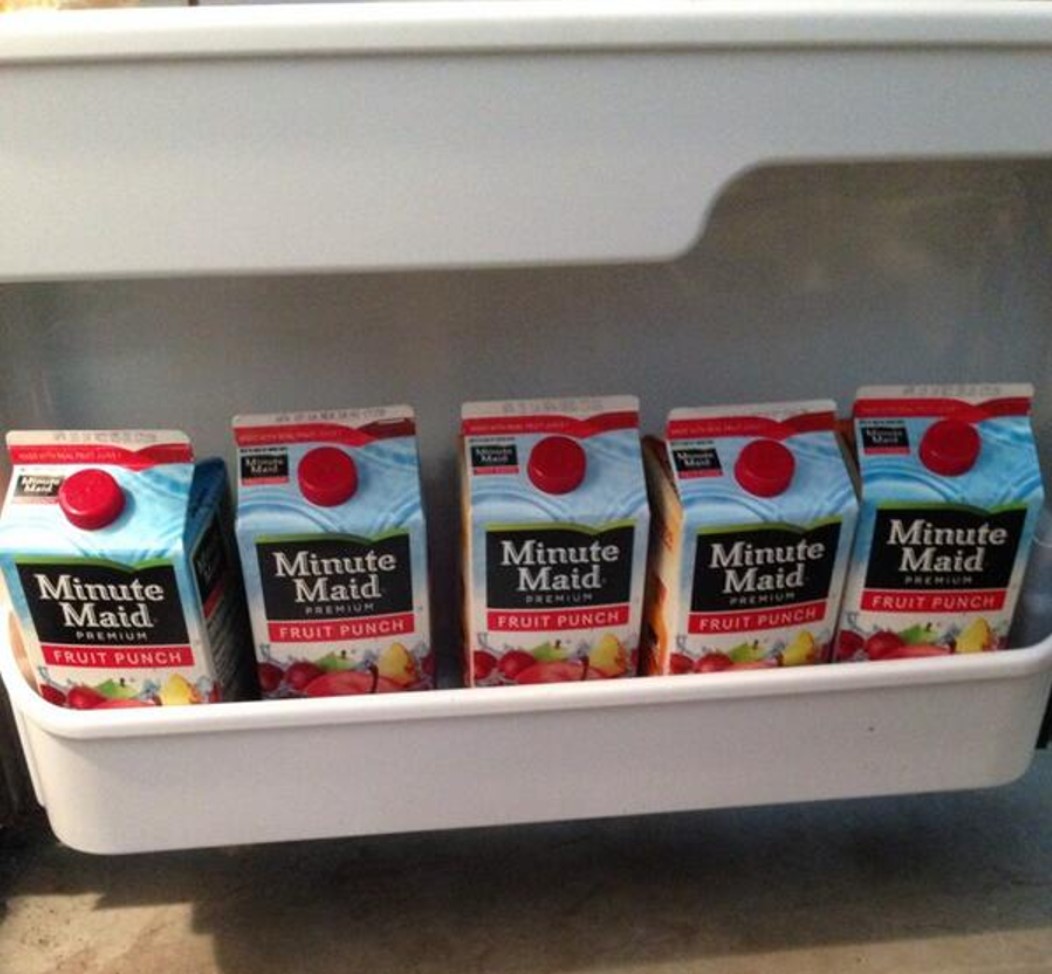
A similar incident occurred back in 2021 when Coca-Cola was forced to recall nearly 7,500 cases of Minute Maid fruit punch and lemonade drinks.
According to a spokesperson for the company at the time, the beverages were contained with foreign material, which, in that case, were metal bolts or washers.
Coke Has Been Under Fire All Year
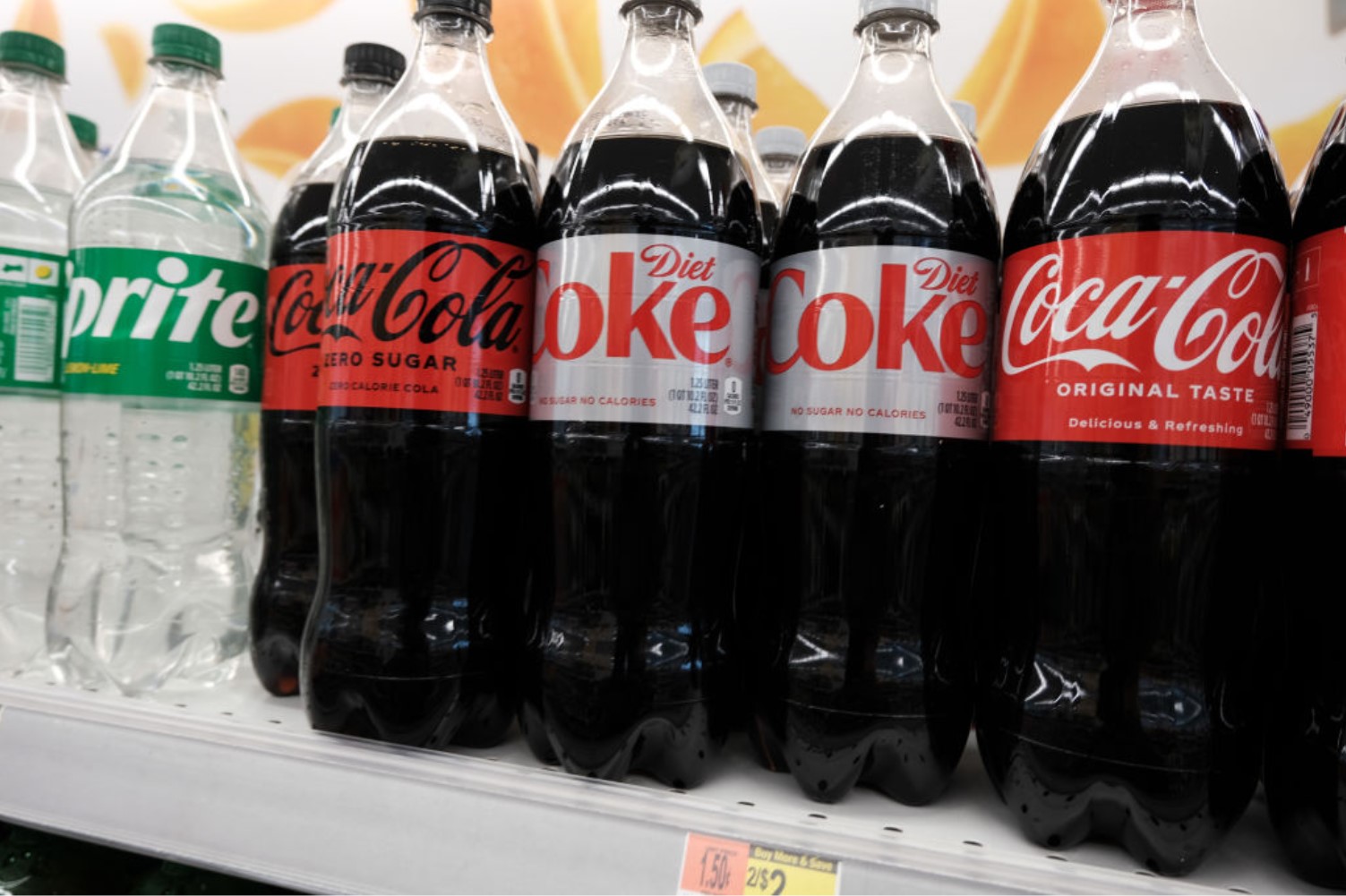
While the current situation has placed all eyes on the worldwide soft drinks company, it’s not the first time they’ve made major headlines this year.
Coke has also been the center of attention after the World Health Organization revealed that aspartame, the popular sugar alternative used in Diet Coke and Coke Zero, might be a carcinogen.
WHO Indentiy Potential Cancer Link

The International Agency for Research on Cancer, a WHO body, identified a possible link between aspartame and a type of liver cancer.
The results came following three large human studies that were completed in the U.S., America, and Europe, which examined artificially sweetened beverages.
Doctor Claims More Research Is Needed

Dr. Mary Schubauer-Berigan, a senior official at IARC, emphasized that much more research is needed before aspartame is deemed a carcinogen.
“This shouldn’t really be taken as a direct statement that indicates that there is a known cancer hazard from consuming aspartame,” said Schubauer-Berigan.








































